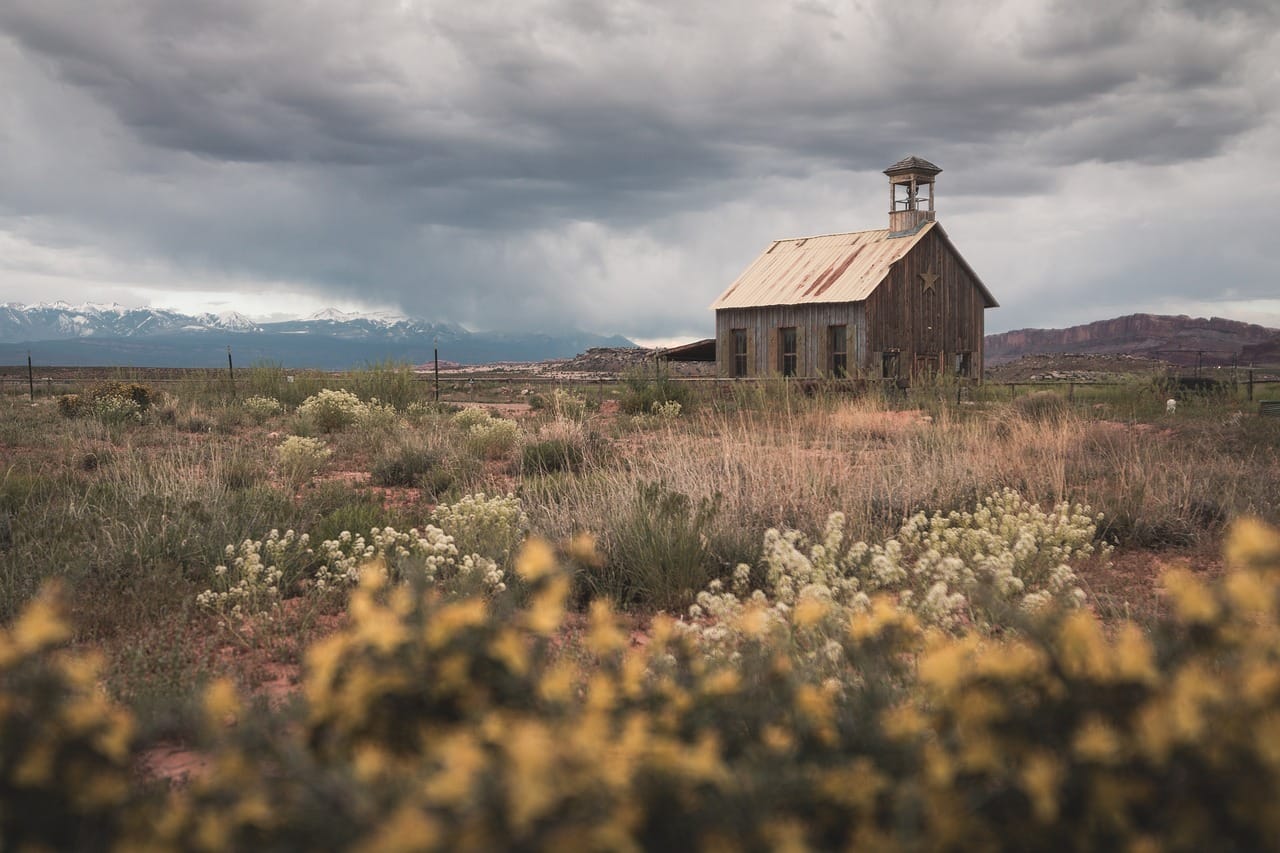Unexpected Find in Rural California Sparks Concern for Biosecurity
A startling discovery in rural California raises alarms for biosecurity. Dive into the concerns and implications of this unexpected finding, shedding light on potential risks and strategies to safeguard against biosecurity threats

Congress is now stepping in
On a chilly December day in 2022, Jesalyn Harper, a full-time code-enforcement officer in Reedley, California, went to a deserted warehouse to investigate a possible parking violation. As she approached the premises, she spotted a green garden hose sticking out of a wall. When she was granted access, she was taken aback to find three Chinese women dressed in lab coats inside. Further exploration of the building revealed "Biohazard" signs, vials labelled in a combination of English, Mandarin and a strange code, as well as numerous cages of white mice.

She had come across a clandestine biolab run by Jia Bei Zhu, a man with purported ties to the Chinese Communist Party. He is wanted in Canada for allegedly stealing American intellectual property and was ordered to pay CA$330 million. He was apprehended in October for selling Chinese coronavirus tests with American labels in the lab, although he denies it. Kevin McCarthy, the previous House speaker and representative from California, asked the select committee on the CCP to investigate. On the 15th of November, the committee released its report.
The results of the investigations were bewildering. Upon examination of the vials, local authorities and the CDC discovered that some of them were labelled to indicate that they may contain pathogens including malaria, SARS-CoV-2, and HIV. However, the CDC refused to test the vials--even those that were not labelled or were labelled with codes. This refusal was described as "perplexing". Consequently, the local authorities destroyed all the vials without awareness of what they had. The select committee noted that, due to this, they and the American people are unable to determine what pathogens Zhu and the Reedley Biolab held.
An official from the CDC claims to have contested the critical findings of the report, asserting that the organization does not possess the power to seize and examine samples. MIT biologist Kevin Esvelt noted the lack of a definitive party in charge of the situation. He does not believe that suspicious behavior occurred in the Reedley lab, however, he is uncertain which entity is responsible for scrutinizing other labs and preventing similar occurrences in the future. This sentiment was echoed by Jassi Pannu from Stanford University, who stated that there is no surveillance of private labs to prevent such events from occurring again.
According to Allison Berke, a researcher in non-proliferation at Middlebury College, one way to tackle the issue is for biological suppliers to ensure their customers are legitimate. David He, alias Mr Zhu, was able to get his hands on pathogens from American suppliers, which implies that other people could be establishing their own clandestine laboratories. Berke was clear that "I would be very surprised if [Reedley] were the only one," not to mention the fact that some of them may not be as careless as to leave a suspicious garden hose lying around.




